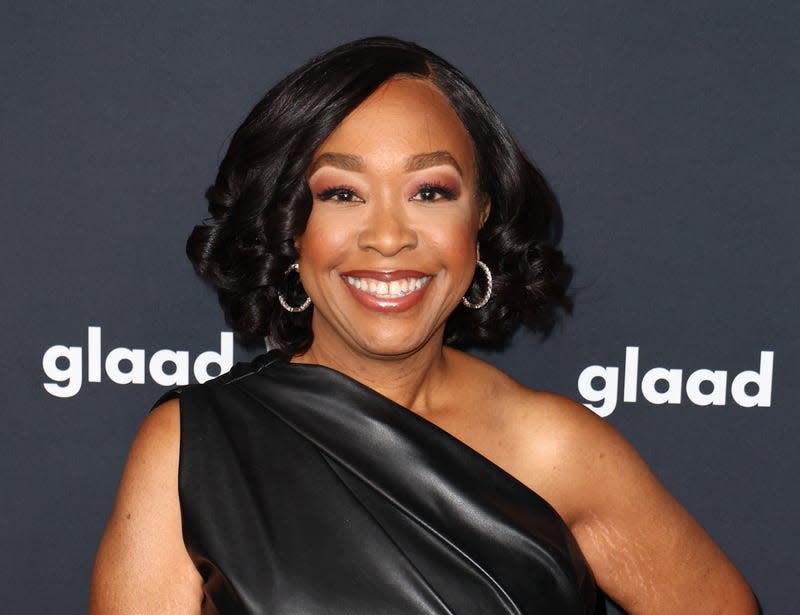Why Shonda Rhimes Needed Police Protection from Toxic Fans

- Oops!Something went wrong.Please try again later.
Everyone has a favorite movie or TV series that they’re completely obsessed with. It’s your safe space. The place you go when you’re sick, sad or just have a random free Saturday. No one loves and understands the stories and characters the way you do. I get it, because that’s how I feel about “Star Wars.” However, as much as I love it, I’ve never harassed or sent a threat to an actor, writer or director involved in the franchise. I’m a fan, not a fanatic.
Unfortunately, not all fans recognize the difference, and the people behind some of entertainment’s most popular titles often find themselves on the receiving end of fanatical backlash. And a sad truth about toxic fandom is that it’s often much more dangerous for Black artists.
One of television’s most prolific creators recently confirmed that her biggest hit has been the source of some of her scariest moments. While promoting “Bridgerton” Season 3, Shonda Rhimes revealed that back in her “Grey’s Anatomy” days she needed police protection and 24-hour security to deal with toxic fans. While she appreciated their “strong feelings” about the characters, for Rhimes, “it became weird.”
“They got mean,” Rhimes told The Sunday Times, “And you never knew who was going to really take offense in the wrong way.”
Shonda was writing a TV drama about sexy doctors saving lives at a Seattle hospital and people were harassing her family over it. As popular as the show is, this isn’t exactly world-shattering stuff.
“I wanted to just be able to walk out my front door and hang out with my kids and not be worried. I would lay awake at night with stress,” she said. “I had some very helpful friends who’d had similar experiences, who were able to give me a lot of perspective, and who were adamant that if you can’t live normally then you’re not going to be able to live.”
Sadly, Rhimes’ story isn’t an outlier. When it comes to toxic fandoms, Black actors, writers and producers routinely receive the brunt of the harassment. John Boyega and Moses Ingram were targeted by “Star Wars” trolls, Leslie Jones was the subject of racist online attacks for the 2016 “Ghostbusters” reboot, and most recently, since being cast as Juliet in a West End production of “Romeo and Juliet,” Francesca Amewudah-Rivers has been relentlessly harassed with racist and misogynist online abuse.
These so-called “fans” always feel like they need to go extra hard with their hatred when Black artists are involved in their favorite projects. If you don’t like something Rhimes writes on her shows, you can simply not watch. If you have a problem with a Black actress playing Juliet, you can just skip the production. There’s always a more reasonable choice available, but these people feel entitled to immediately jump to harassment and threats.
If the showrunner of your favorite show requires police protection just to air a season finale, you are no longer a fan, you’re a crazy stalker who doesn’t deserve their time.
It’s up to other members of the fandom to stand up and let these trolls know that this behavior is not acceptable or welcome in their community. We also need the stars of these projects to stand up for their Black co-stars and colleagues (I’m looking at you Tom Holland).
This may not be a problem we can actually solve, but we also can’t let these people diminish the joy and success of Black artists.

